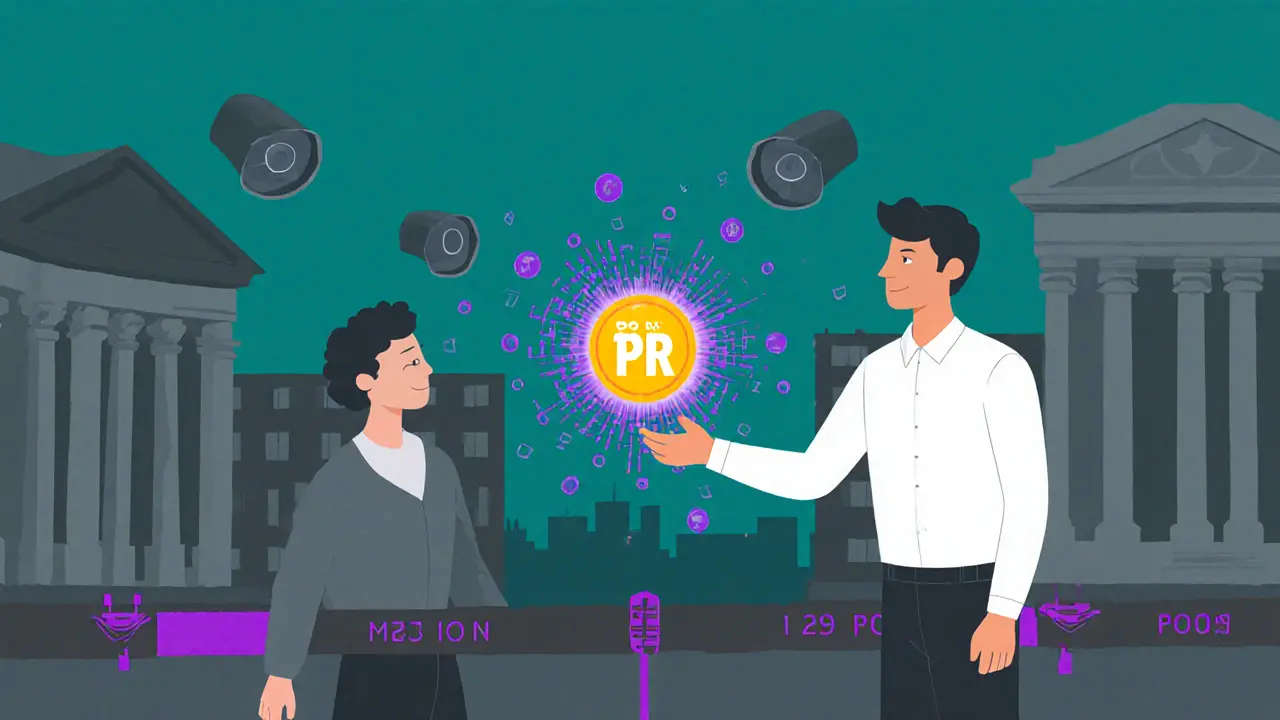PRIVATEUM GLOBAL (PRI) is a privacy-focused cryptocurrency on Binance Smart Chain, offering fast, low-cost transactions with optional anonymity. Learn how it works, how it compares to Monero and Zcash, and whether it's viable for real-world use.
Privacy Crypto: Secure, Anonymous, and Untraceable Cryptocurrencies Explained
When you use privacy crypto, a type of cryptocurrency designed to hide transaction details like sender, receiver, and amount. Also known as anonymous cryptocurrency, it’s not just about secrecy—it’s about control over your financial data in a world where every payment leaves a digital trail. Most coins like Bitcoin record every transfer on a public ledger. Anyone can track your balance, see who you pay, and guess your spending habits. Privacy crypto changes that. It uses advanced math to scramble transaction data so only the people involved can see what happened.
Two major types of privacy crypto exist: one hides identities using ring signatures and stealth addresses, like Monero, a blockchain that obfuscates sender, receiver, and amount by default. Another uses zero-knowledge proofs, like Zcash, a coin that lets users choose between transparent and shielded transactions. Both aim for the same goal: making your money movements truly private. But not all coins labeled "privacy" deliver. Some are just marketing. Real privacy crypto doesn’t rely on opt-in features—it builds anonymity into every transaction from the start.
Why does this matter? If you’re buying medicine, donating to a controversial cause, or just avoiding surveillance, public ledgers are a liability. Governments, exchanges, and hackers can tie your identity to your crypto activity. Privacy crypto removes that risk. It’s not for criminals—it’s for anyone who wants financial dignity. The posts below show you what works, what’s fake, and what’s been abandoned. You’ll find real-world examples of privacy coins under scrutiny, platforms that claimed anonymity but vanished, and how regulators are trying to shut down truly private systems. No fluff. Just what you need to know to protect your transactions in 2025.
